The Mérida Festival Boosts Internationalisation with Dancing Histor(y)ies
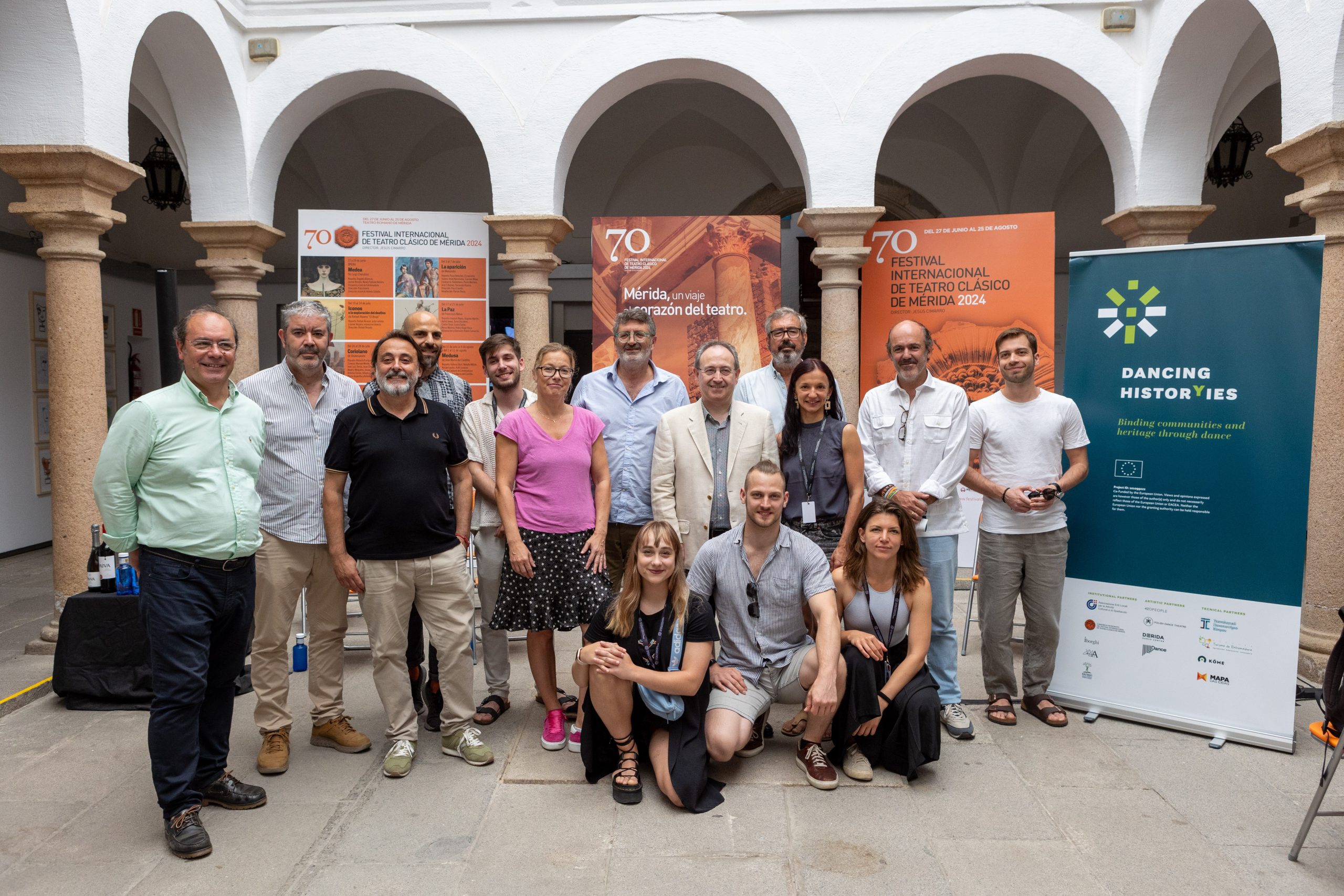
The International Classical Theatre Festival of Mérida has taken a significant step towards internationalisation by participating in the innovative European programme Dancing Histor(y)ies, a project funded by Creative Europe. This programme, which brings together 13 entities from 11 countries, aims to strengthen the ties between local communities and cultural heritage through dance and the performing arts.
Objectives and Participation
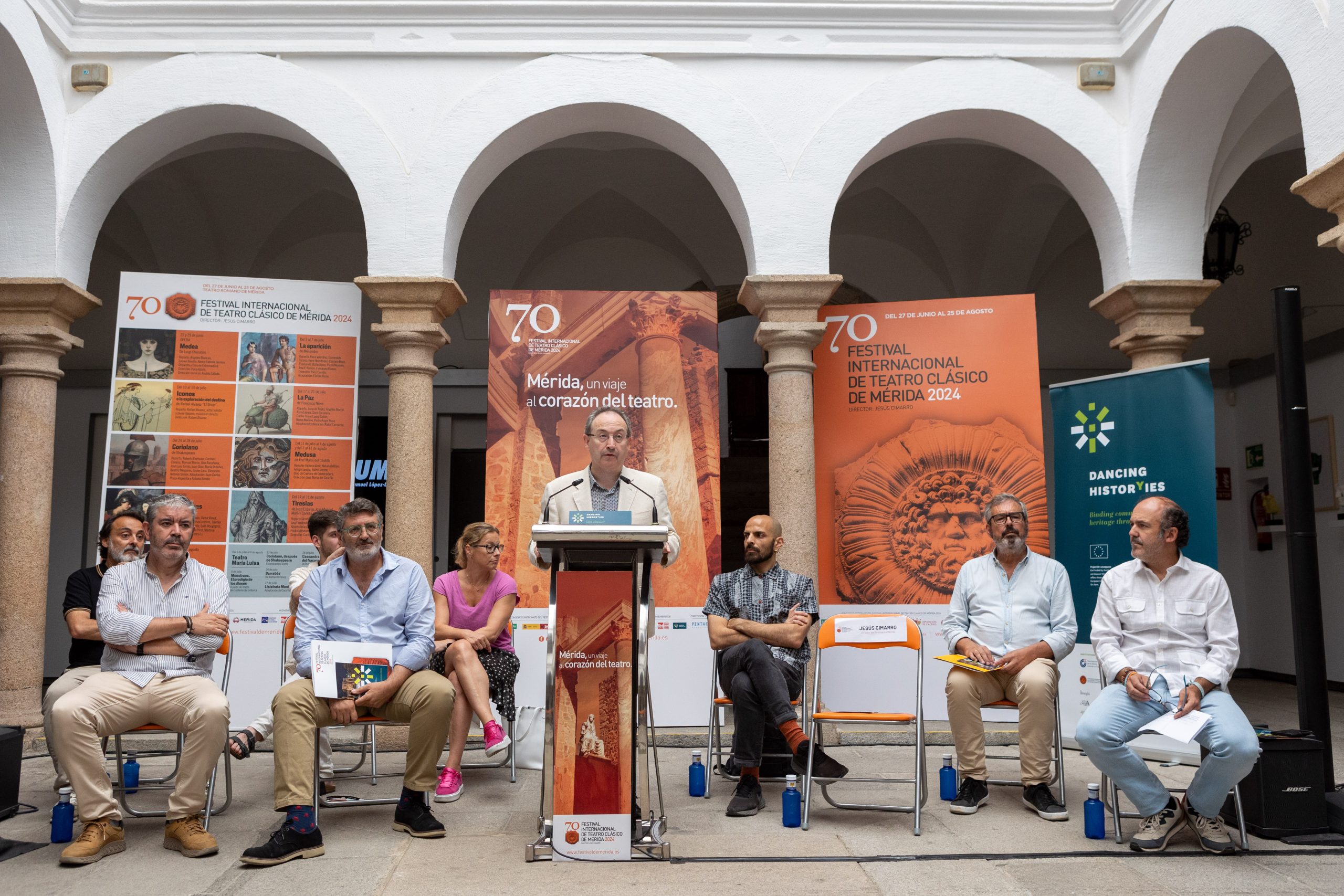
Dancing Histor(y)ies, whose motto is “binding communities and heritage through dance,” aims to strengthen the connection between local communities and cultural heritage.
The Mérida Festival, now in its 70th edition, has scheduled a series of activities including three workshops and three dance performances. These activities will take place until Sunday in various archaeological sites across the city, aiming to combine the best of theatre and performing arts with the enhancement of archaeological heritage.
Programme Presentation
The programme was presented by Pedro Blanco, Managing Director of the Festival’s Patronage Consortium, who explained that the Dancing Histor(y)ies schedule includes three workshops and three dance performances, all free of charge and requiring prior registration via online forms.
Performances and Workshops
The performances scheduled as part of Dancing Histor(y)ies include:
- ‘One Day We Will Be Statues‘ by ILDance (Sweden), which will be presented on Friday at 9:00 PM in the Roman Forum. This production, designed by Israel Aloni, is inspired by the three visits made to Mérida by the Swedish company to immerse themselves in the local culture, blending contemporary dance and sound in a historical setting.
- ‘Ícaro‘ by 420People (Czech Republic), which will take place on Saturday at 9:30 PM in the Temple of Diana. Marta Lajnerová, head of the company, highlights the collaboration of six dance students from Mérida in this production, underscoring the value of shared creative experiences.
- ‘Electra‘ by the Theatre and Dance Workshop of IES Santa Eulalia in Mérida, scheduled for Sunday at 9:30 PM in the Temple of Diana. This local production, directed by Juan Carlos Tirado with choreography by Alba Gog, integrates elements of Greek mythology in a heritage context.
Additionally, several workshops will be conducted to explore the intersection between performing arts and cultural heritage:
- ‘La caja de Pandora‘, directed by the flamenco dance company and school of Fuensanta Blanco, involves young people aged 10 to 30 in a creative process that will culminate in the performance ‘The Thread of Hope‘, on Thursday at 9:30 PM in the Temple of Diana. This workshop is inspired by the myth of Pandora, exploring themes of hope and resilience through flamenco.
- ‘Didactics of Dramatic Expression‘, a training course led by Javier Llanos and produced by TAPTC? Teatro, has been conducted from 1st to 4th July. This workshop covers techniques for group facilitation, creativity enhancement, theatre direction, stage production, and citizen engagement, offering comprehensive training for artists and educators.
- ‘Utilisation of Heritage Sites as Venues for Performances‘, a seminar that will take place on Thursday from 11:00 AM to 2:00 PM at the Festival’s headquarters. Managed by the Institute of Archaeology of Mérida, this workshop will analyse the use of heritage buildings as performance spaces, with lectures on the Temple of Diana, the Forum Portico, and the Parador of Mérida, followed by a round table discussion on how to use these spaces without compromising their identity.
Check the full programme in the brochure and join this international celebration!
Reflections and Future
Jesús Cimarro, Director of the Mérida Festival, highlighted how the project focuses on promoting archaeological sites through the performing arts, defining an innovative, effective, and replicable model for the enhancement of cultural sites. This model aims to actively involve local communities in artistic production and conscious enjoyment of heritage, while also promoting the international participation and circulation of European artists.
 Antonio Marín, Director of the Centre for Performing Arts and Music of Extremadura (CEMART), emphasised that “dialogue” is the word that defines Dancing Histor(y)ies, highlighting the importance of communication between performing arts and heritage, among different institutions, and across various countries. This approach demonstrates that “culture is a key that opens doors to cross borders and establish collaborations.” Marín also noted that the Mérida Festival is the only event held in four archaeological sites, reinforcing its uniqueness and commitment to heritage conservation while crossing borders throughout Europe.
Antonio Marín, Director of the Centre for Performing Arts and Music of Extremadura (CEMART), emphasised that “dialogue” is the word that defines Dancing Histor(y)ies, highlighting the importance of communication between performing arts and heritage, among different institutions, and across various countries. This approach demonstrates that “culture is a key that opens doors to cross borders and establish collaborations.” Marín also noted that the Mérida Festival is the only event held in four archaeological sites, reinforcing its uniqueness and commitment to heritage conservation while crossing borders throughout Europe.
Israel Aloni, from ILDance, expressed his enthusiasm for participating in this event, highlighting that Mérida offers an inspiring environment that combines history and contemporary art. Marta Lajnerová, from 420People, also appreciated this European initiative, thanking the Mérida Festival team for their collaboration in bringing her performance to such an iconic setting.
Pedro Mateos, Director of the Institute of Archaeology of Mérida, advocated for the use of heritage buildings as performance spaces, emphasising the need to preserve their essence while exploring new ways to utilise them. The seminar’s round table will provide a platform to discuss these issues in depth, involving both archaeologists and performing arts professionals.
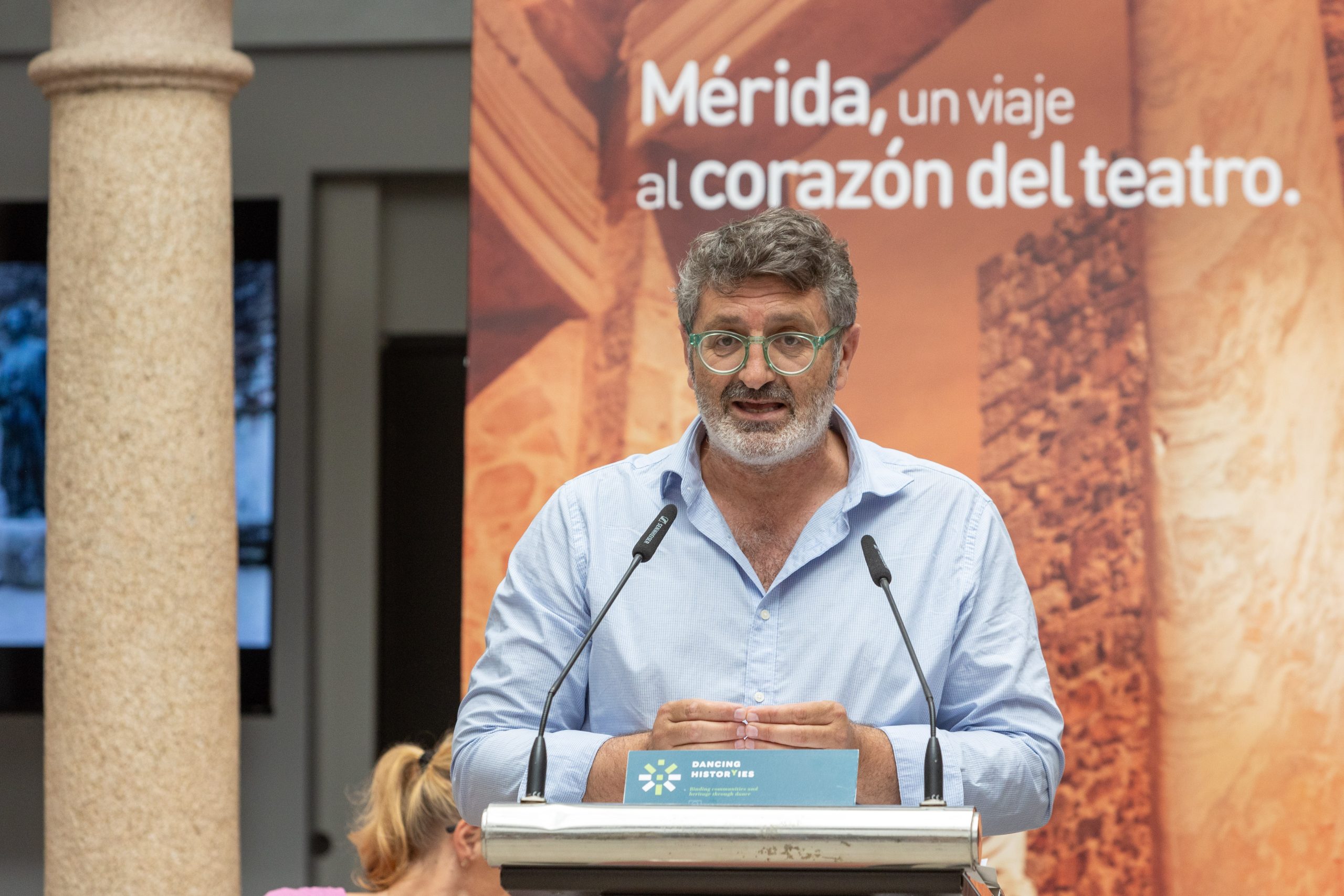
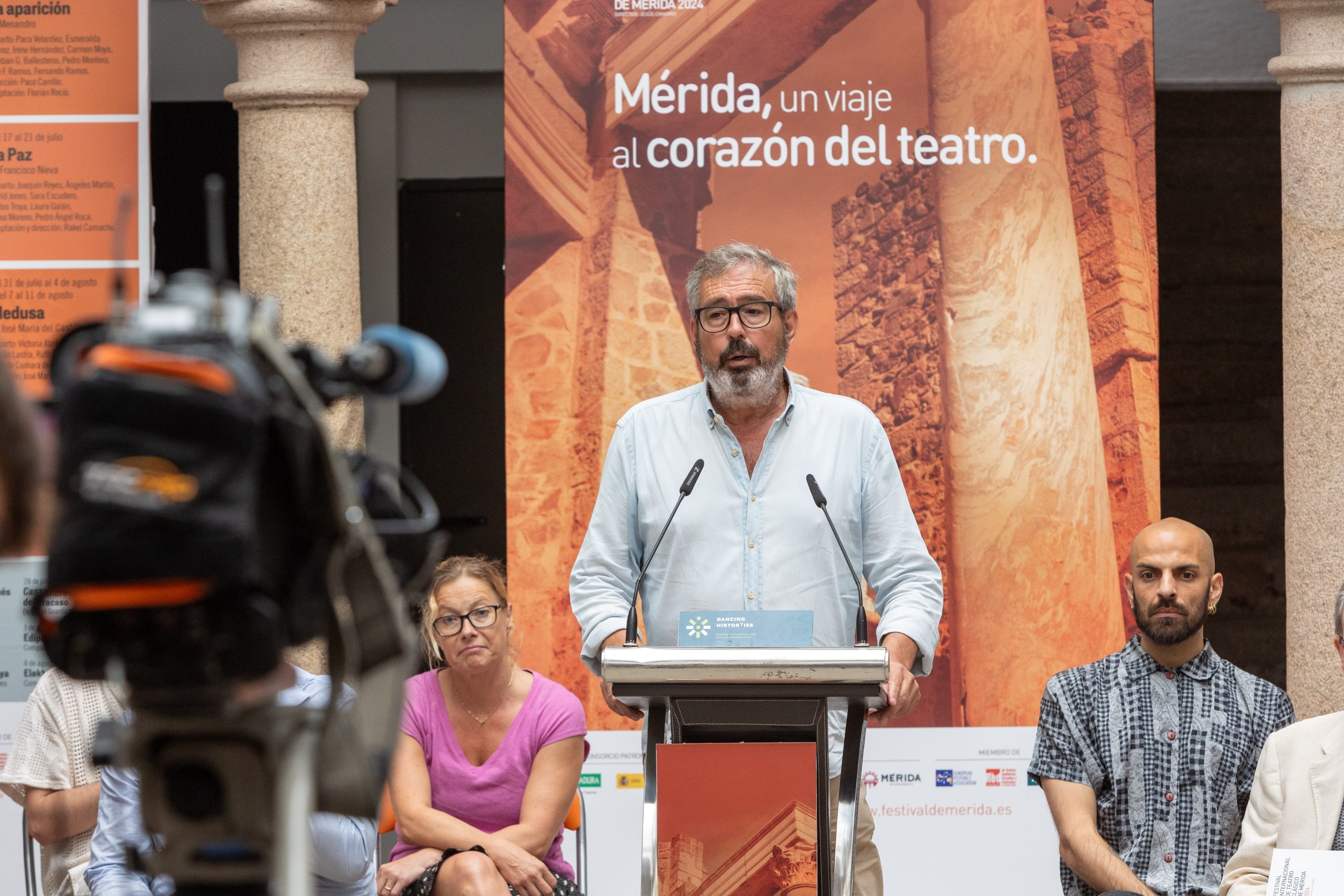
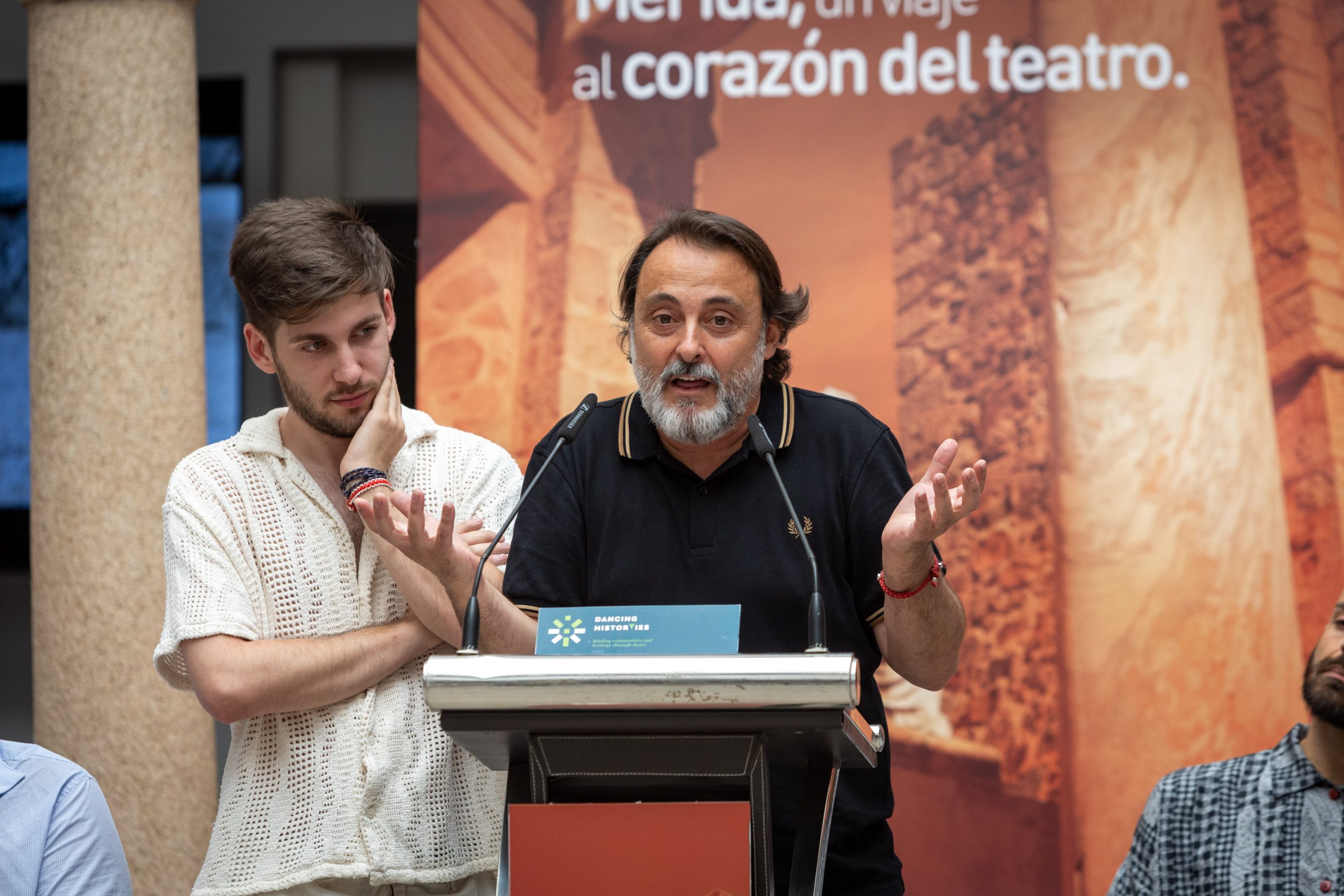
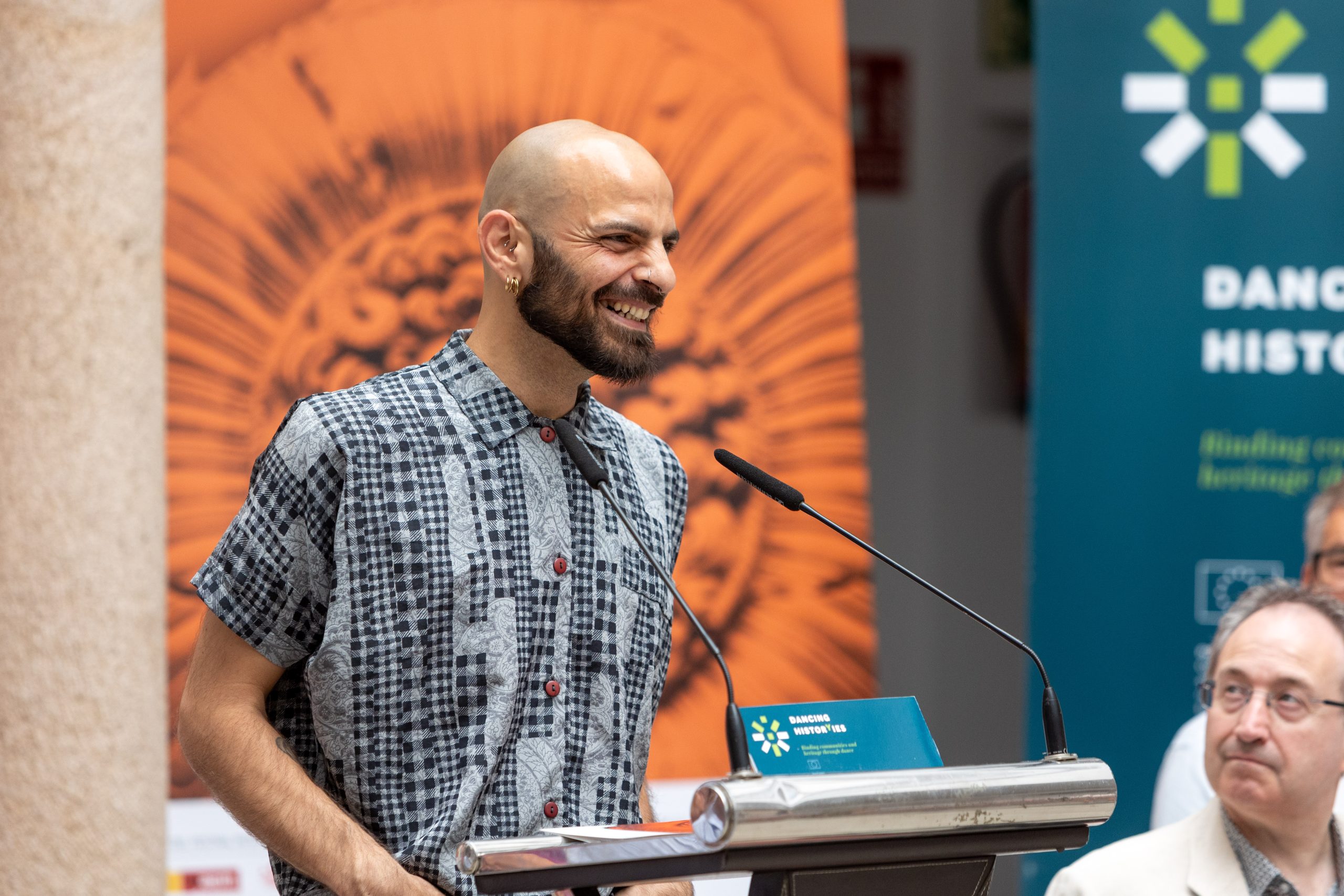
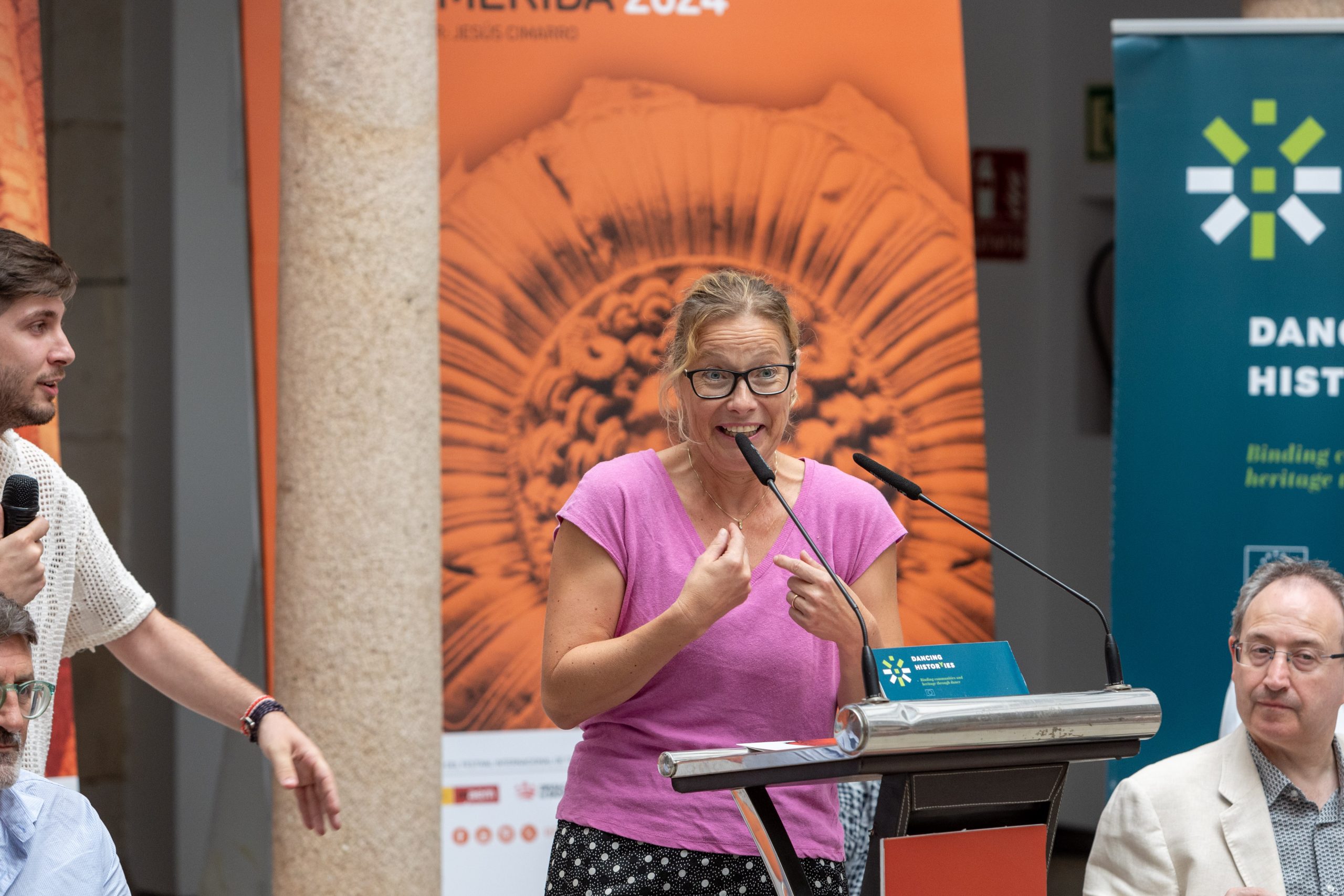
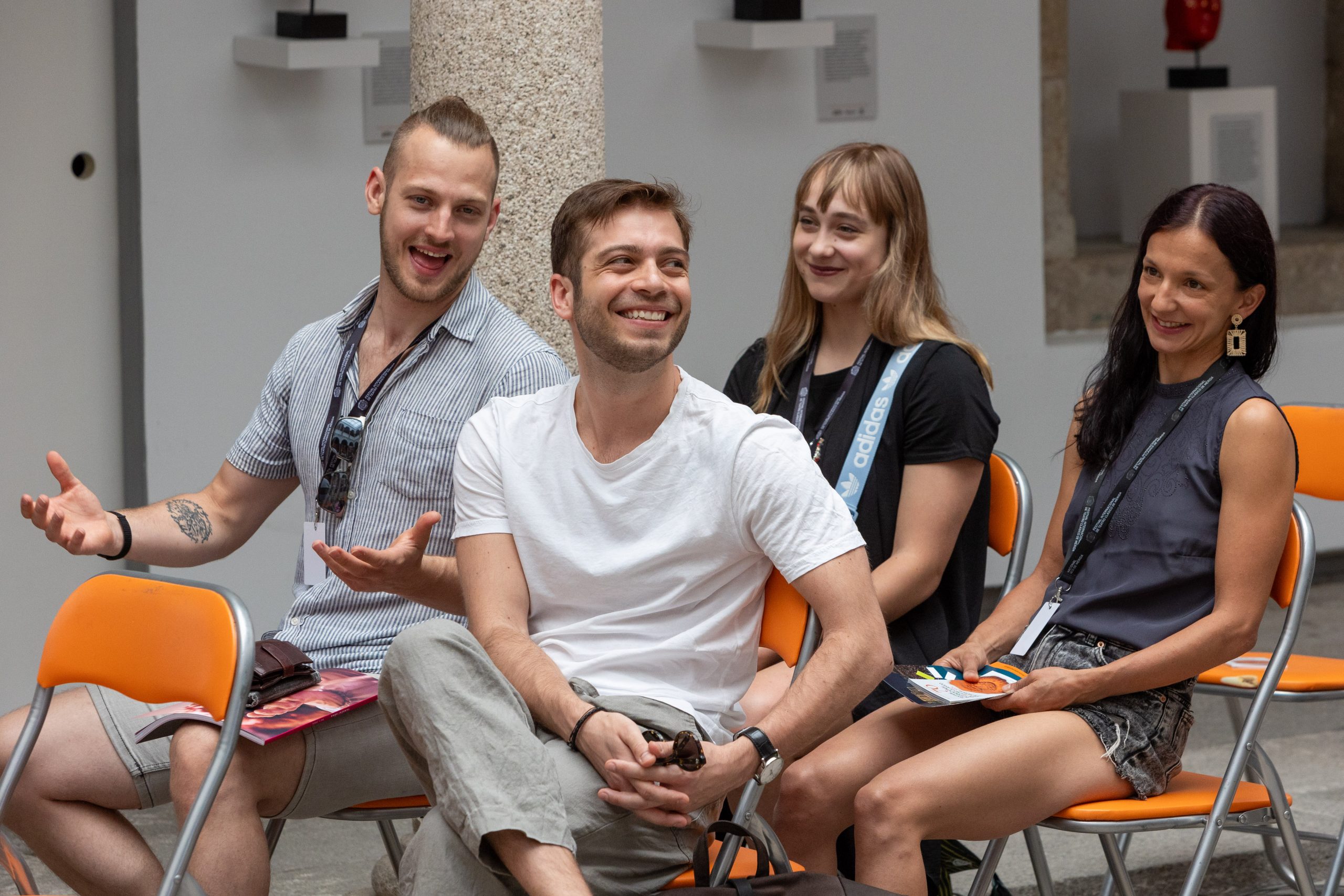
Images by Jero Morales / Mérida Festival


